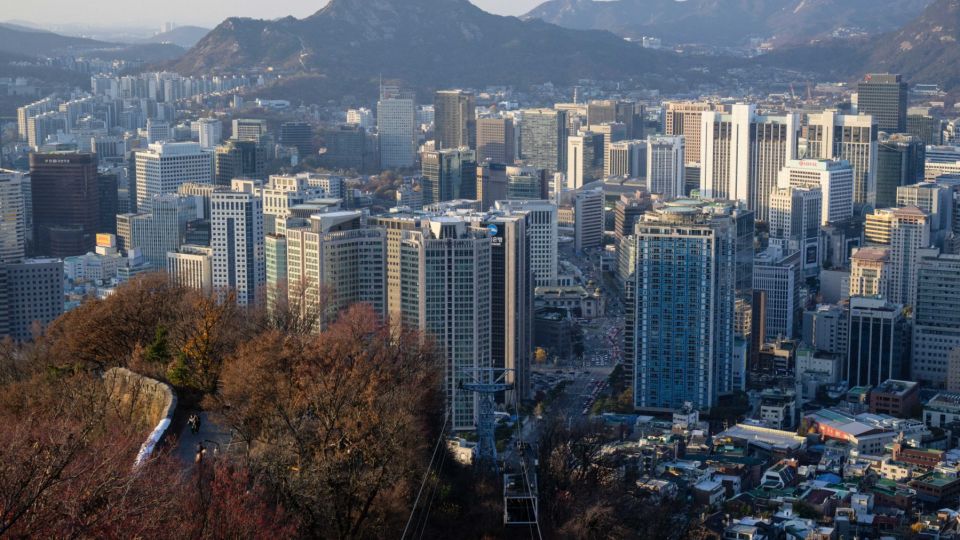September 16, 2025
SEOUL – As summer conditions ease and the weather cools nationwide ahead of the fall season, an increase in mosquito numbers is beginning to be observed.
According to statistics provided by the Busan city government, a total of 1,020 mosquitoes were collected through monitoring in the first week of September, an increase of up to 27 percent compared to the average number of 802 mosquitoes that were collected per week in August.
That compares with an average of 1,458 mosquitoes were collected per week in the same month last year.
An increase in mosquito numbers has also been observed in Daegu, as well as the capital city of Seoul. While Daegu collected 277 mosquitoes in the first week of September, Seoul saw an average of 2,159 mosquitoes in the same period.
These numbers were also an increase from the number of mosquitoes collected in the summer. Daegu saw an average of 39.5 mosquitoes collected in the last week of July, while Seoul saw 1,938 mosquitoes in the third week of August.
According to experts, Korea began to observe a shift in the seasons for mosquitoes in 2020.
“While mosquito activity in years before 2020 mostly peaked in late June to July, from 2022, the peak was observed as late as the first week of November,” professor Park Hyeon-cheol from Pusan National University’s department of life science and environmental biochemistry told The Korea Herald.
Park added that the change in mosquito activity could be due to the “shift in rising temperatures caused by climate change.”
“Mosquitoes are cold-blooded, so their activity changes according to the temperature,” Park continued. “They are most active between 25 and 28 degrees Celsius, but as summer temperatures on average in Korea have started to go above 32 C, such environmental conditions make it less favorable for the mosquitoes to be active.
“The rise in Korea’s seasonal temperatures has effectively pushed the active season for mosquitoes from summer to fall,” Park added.
Particularly, during the summer of this year, Park added that fewer mosquitoes were observed as the monsoon season was noted to be particularly “dry.”
“The lack of steady rainfall limits the formation of puddles, which are breeding grounds for mosquitoes,” said Park. “And even when it does rain, Korea also often sees sudden, intense downpours, which wash away mosquito eggs and larvae before they have a chance to hatch and develop.”


